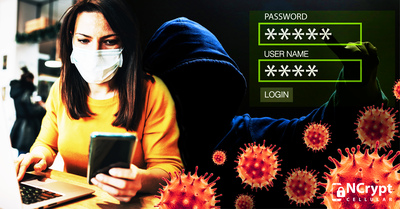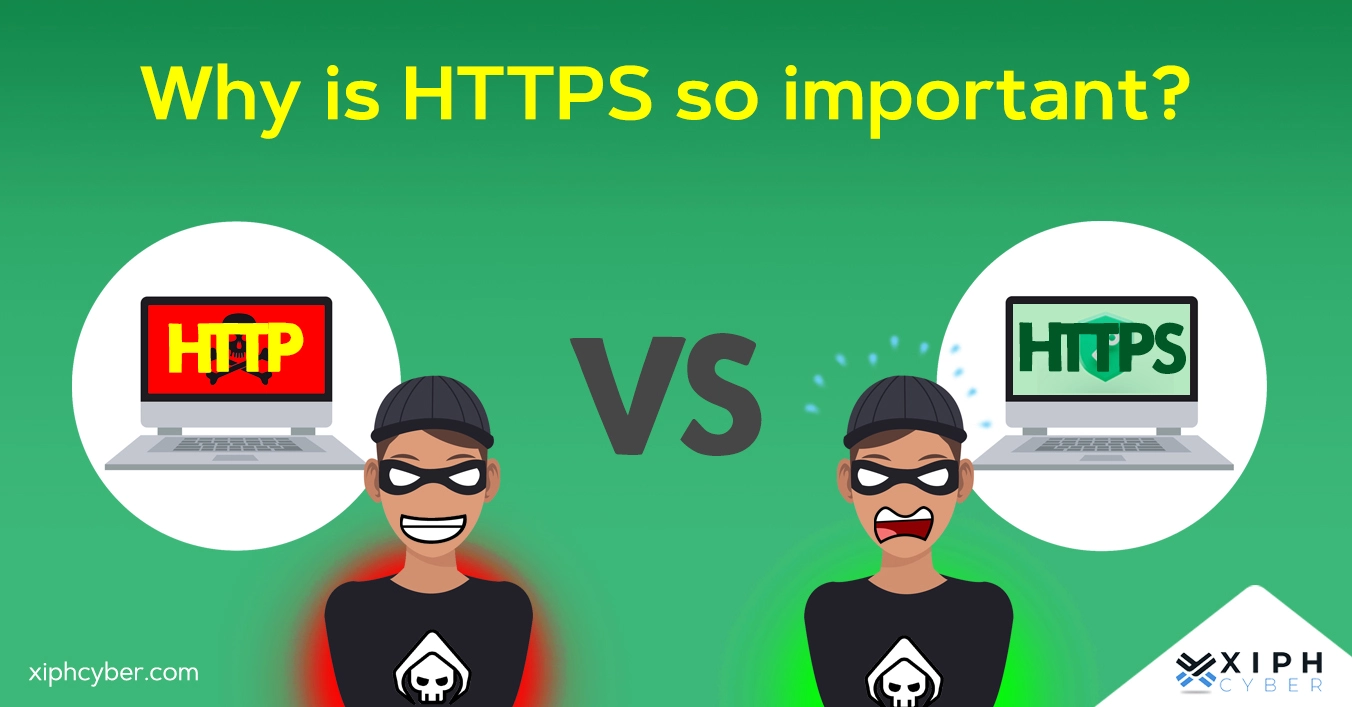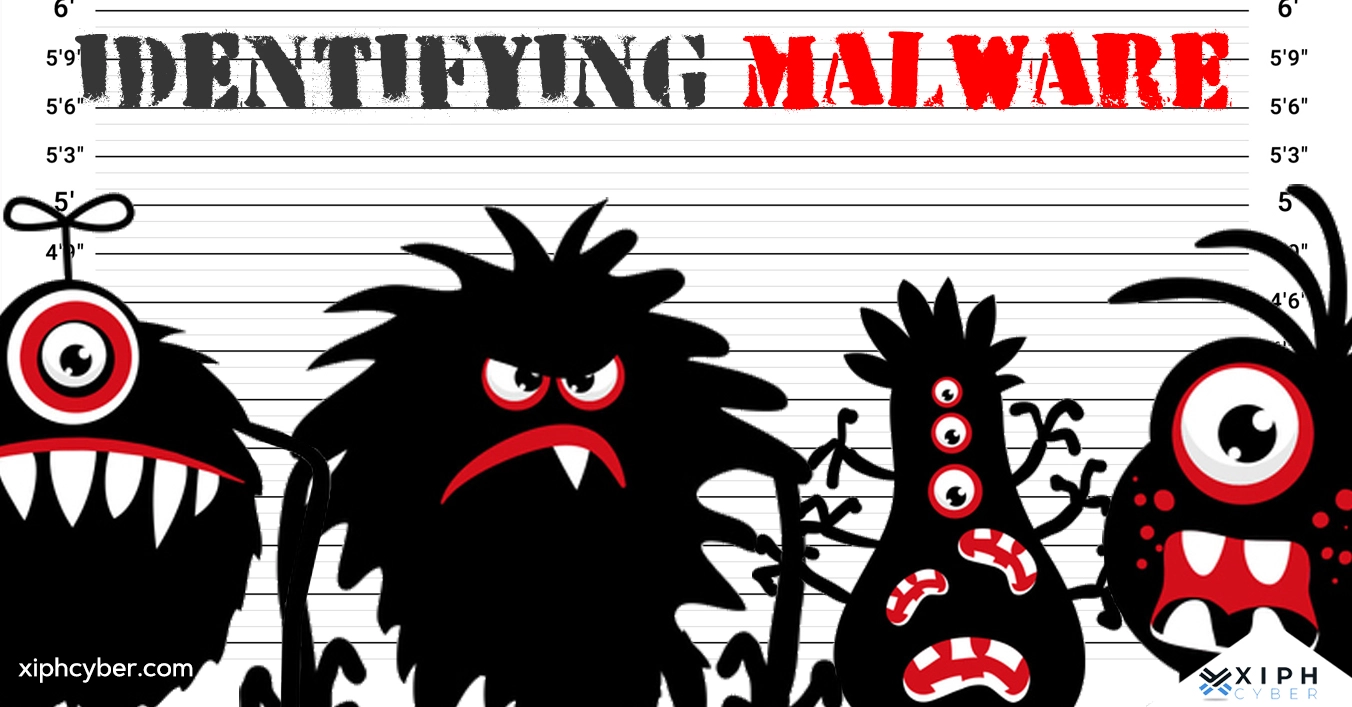Published Aug 26, 2020 by Xiph
Avoid these dirty online deceptions during these dark COVID times
Digital crime has continued to spike throughout the pandemic and too many of us are falling victim. Luckily, awareness wins.
The point of this article is to help you get smarter about web deceptions that will cost you - before it’s too late.

The rise in cybercrime can be directly linked to more of us staying at home and utilising online technology in ways and at a scale that we never have before. What better time to take advantage of a frightened populous than to scare them into clicking a link or providing an email address?
In any case, as we continue our journey to the light at the end of the tunnel, it’s imperative that we keep our eyes peeled for the following scams, no matter how authoritative they may seem.
Scam 1 - official COVID communications
Our concern over COVID is now being leveraged to the hilt to mess with our online lives. Emails allegedly from the World Health Organisation, Centres for Disease Control (US) or our own Department of Health, pretend to alert hapless users of new, concerning developments in their area – say for instance, an updated list of nearby hotspots.
However, the only way to see such a list is to click on an in-email link, which could then take you to a variety of places where you’re asked to provide personal information, enter email login details, hand over your car keys, etc… The moral of the story is, don’t click on in-email links unless you trust them 100%. In fact, don’t OPEN any emails from strange sources with which you’ve never had direct communication.
Scam 2 – new banking processes
Cybercriminals know that online banking and shopping has risen exponentially since COVID-19. It’s not uncommon to receive a text or email or pop-up from what seems like your actual bank, alerting you of new processes due to temporary branch closures – something like that.
You will be told that due to the inconvenience, your bank would like to offer additional assistance in order to make online banking smoother and more efficient than usual. You may be advised to install a piece of malware, masquerading as desktop software. It all looks legitimate but you’d be surprised how many people fall for such scams, providing their online banking login details and giving the hacker remote access to their bank accounts – and the ability to move their money at will.
Scam 3 – contact tracing mobile apps
Cybercriminals are known to offer reliable contact tracing software and will attempt to get you to install ground-breaking applications that will ensure you’ll be warned immediately if you pass by any infected persons within a matter of seconds.
If you were to fall for that one, everything you do on your mobile will be in the hands of the hacker. Not only will they gain access to all your passwords to every mobile application and service, but they’ll have the ability to control your phone remotely. No longer will your iPhone belong to you, but to someone you don’t know and probably never will. Risky!
Scam 4 - help and support desks
Now we’re in meta territory. Cybercriminals, knowing that online fraud is on the rise thanks to the pandemic, now use paranoia over being hacked or having your money or identity stolen. They’ll contact you, even via a phone call, alerting you that your entire world has been compromised and they need to help you regain personal privacy and security.
In doing so, of course – and just as official parties would — they will need you to verify information in order to begin these life-saving process. Again, this is merely a ruse to convince you that at some point during your online travels, you’ve left yourself open to hacking, when in reality, they are in the process of doing the hacking.
The bottom lines
The rise of COVID-driven cybercrime is alarming, pervasive, but avoidable. If you do avoid falling for these scams, great. But also spare a thought for those close to you that are not as technologically savvy. Tell your friends, your parents, your grandparents, your local fruit shop owner – whoever you feel may not yet be in-the-know.
The greatest weapon is knowledge and awareness and make sure you close that window, delete that email, ignore that link. And remember that you can always confirm the legitimacy of a recommendation or enforcement by taking a step back and contacting the actual company directly. It will save you a great amount of time, money and stress in a time where all three are already daily concerns.
Posted in: Security


